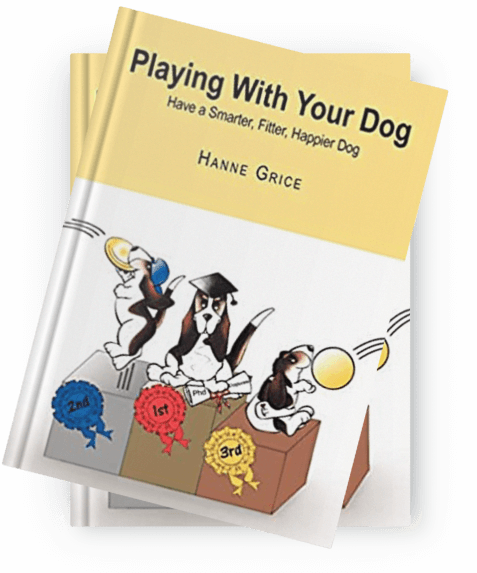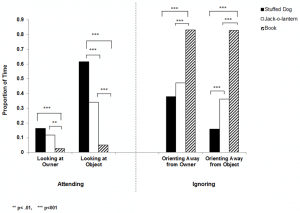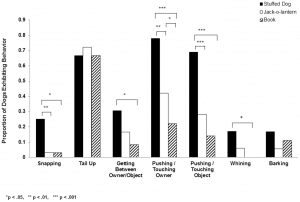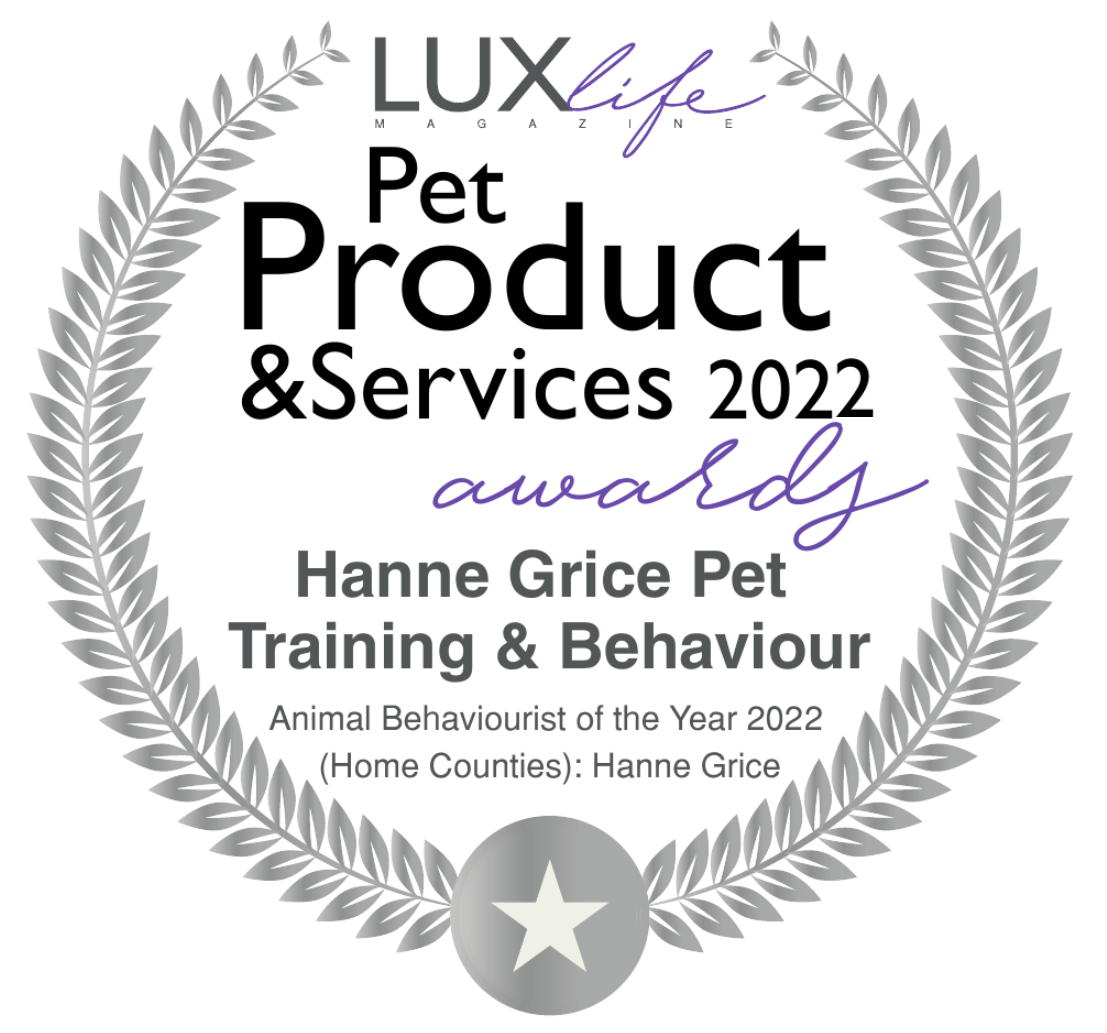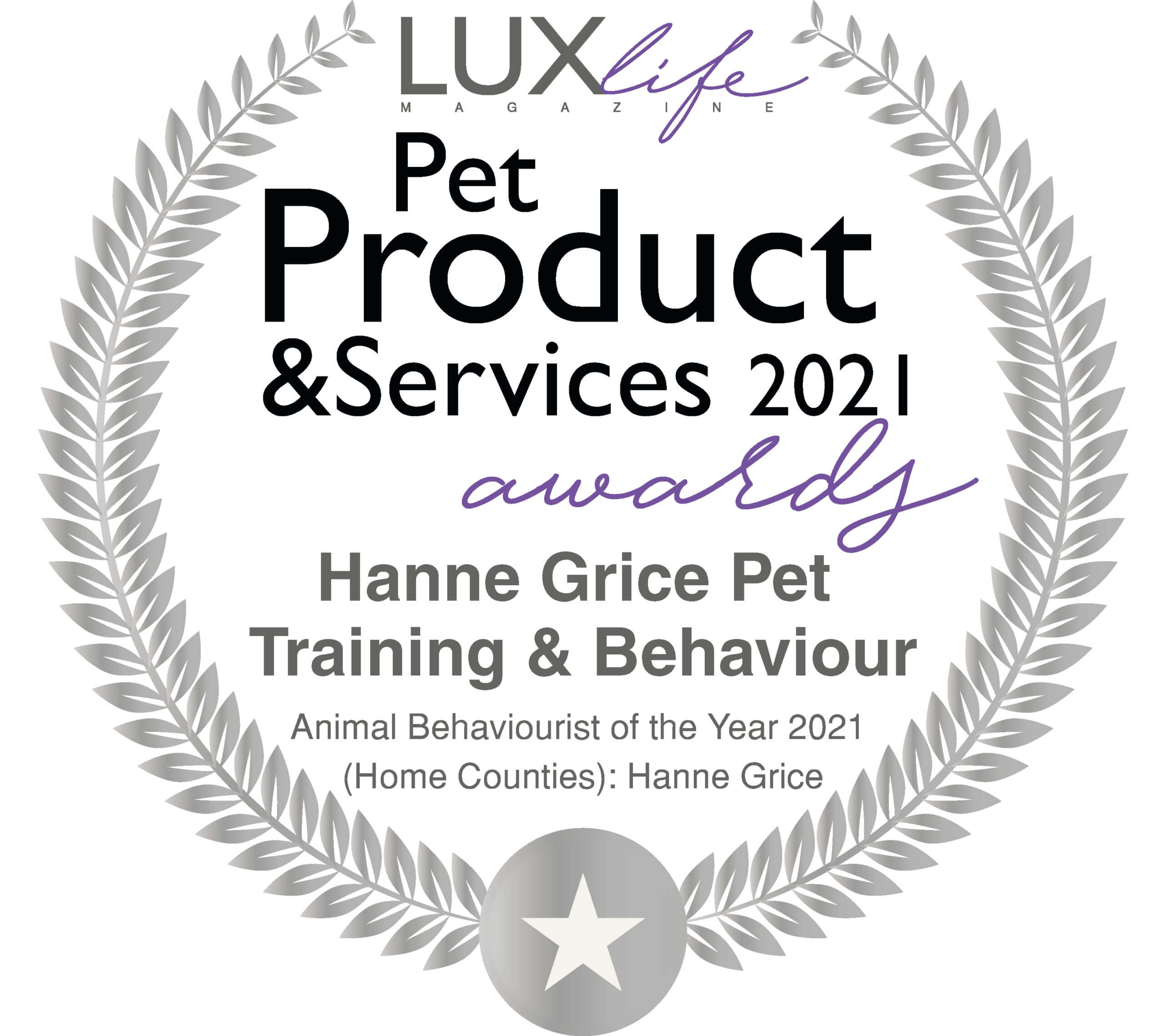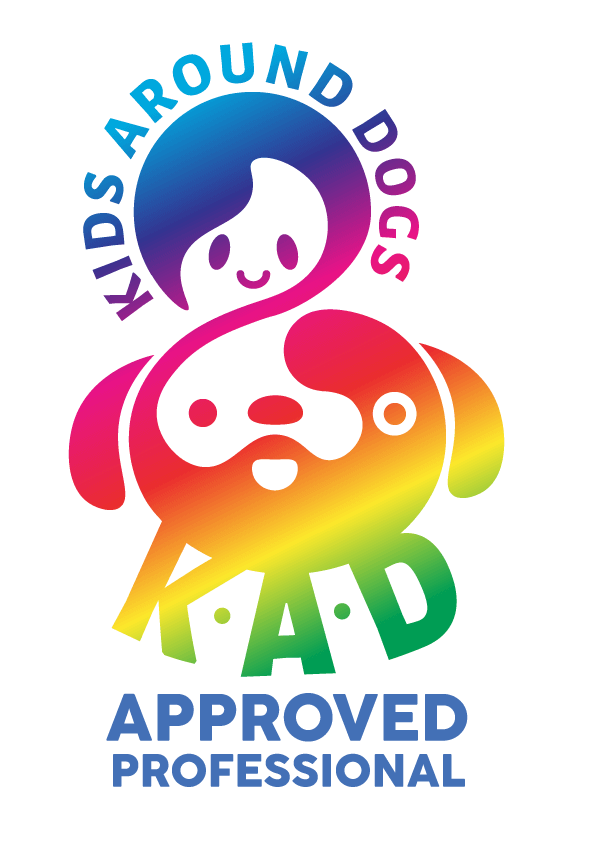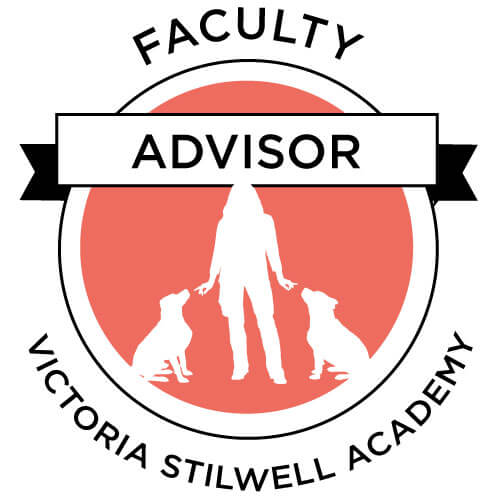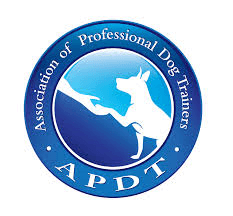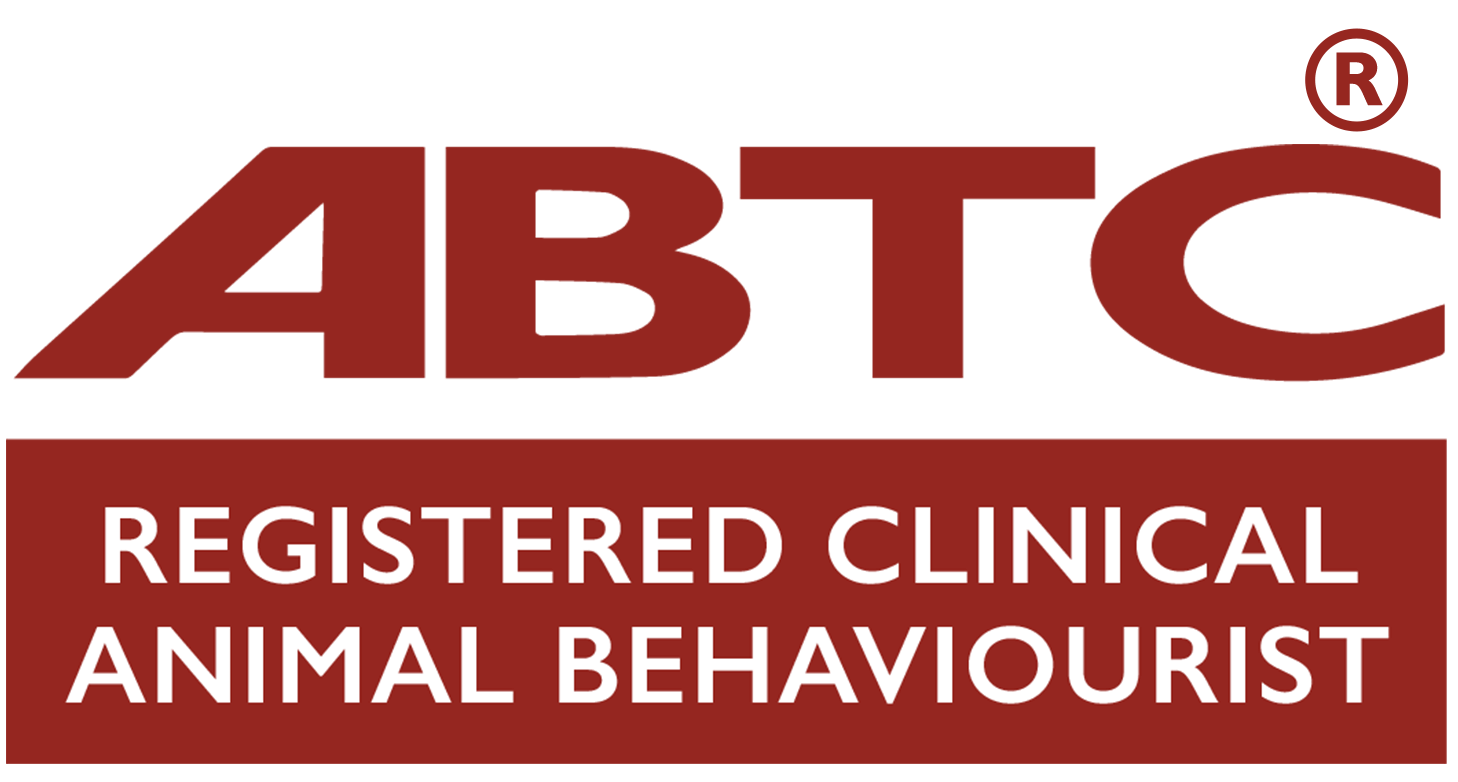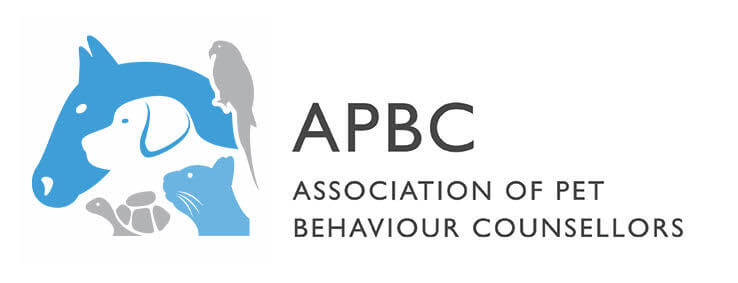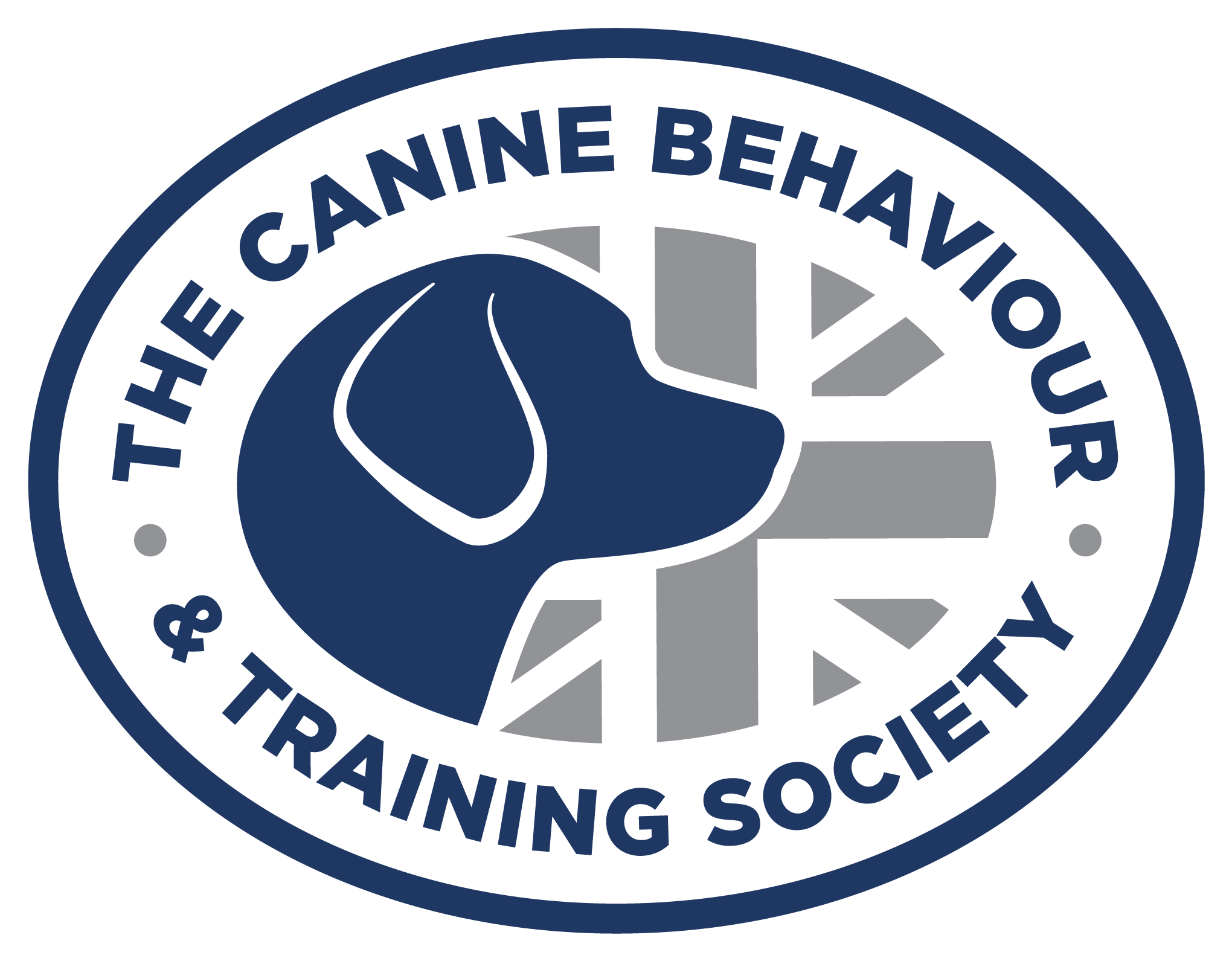According to a new study, researchers at the University of California have confirmed that dogs experience jealousy. Over the centuries there has been great debate as to what emotions, if any, our pets experience. In fact, until Charles Darwin came along with his Origin of Species, many believed animals including dogs were just a mass of muscles and reflexes – essentially unthinking and unfeeling machines….Tell that to an owner who tries to cuddle her boyfriend but has to contend with Fido jumping in between and nudging her for affection.
So, it seems that for the first time ever, science has proved that dogs get ‘cranky’ when you give your love to somebody else.
The study, led by Christine Harris and Caroline Prouvost, involved 36 dog owners and their dogs. The owners were asked to show affection towards a toy dog that barked and wagged its tail for eight seconds. As expected, the researchers found that the dogs started barking, whining or trying to get between their owner and the new dog while they were petting it. After the test, 86 per cent of the dogs sniffed the robot dog’s bottom – a clear signal that these dogs believed the toy was real!
Two further tests were conducted; firstly the researchers told the owners to treat a Halloween Pumpkin style bucket as though it were a dog, this involved the owners paying the bucket lots of attention, and then secondly, the owners read aloud from a book. Neither of these two behaviours produced the same reaction from their pets compared to the robot dog test.
Harris says: “Our study suggests not only that dogs do engage in what appear to be jealous behaviours but also that they were seeking to break up the connection between the owner and a seeming rival.” Harris continues: “We can’t really speak to the dogs’ subjective experiences, but it looks as though they were motivated to protect an important social relationship.” (See figures 1, 2 and 3 below for information about the breeds involved in this research and the results from each test.)
So what does this research tell us?
It may indicate that through the process of domestication, thousands upon thousands of years ago, and being raised alongside humans for so long, dogs have adopted certain ‘people-like’ behaviours. For example, unlike wolves, dogs can follow our fingers when we point. However, Harris and Prouvost believe they have settled the matter, proving that this research has implications for how we think about jealousy in humans: If dogs can be jealous, then jealousy is a primitive emotion evolved millions of years ago (or at least long before humans existed). Non-human apes exhibit jealous behaviour. So do human babies just months from the womb. “Many people have assumed that jealousy is a social construction of human beings, or that it’s an emotion specifically tied to sexual and romantic relationships,” Harris says: “Our results challenge these ideas, showing that animals besides ourselves display strong distress whenever a rival usurps a loved one’s affection.”
This may mean that jealousy has evolutionary benefits with the desire for attention and the behaviours associated with it helping ensure something vital to our animal instincts, whether it is the provision of basic needs – or reproductive success.
While dog owners around the globe will no doubt be thinking “I told you so”, the research published in 23rd July edition of PLOS ONE is a scientific first. And, may prove ‘some’ comfort to those couples who find themselves currently stuck in a ‘love triangle’ with their pooch!
Source: Harris CR, Prouvost C. Jealousy in Dogs. PLOS ONE. 2014.
Learn more about our classes
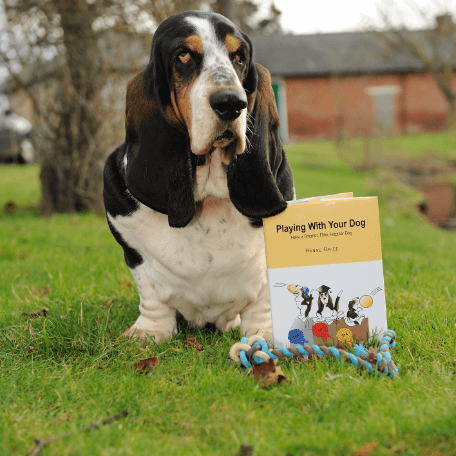
Get Hanne's Book
Playing With Your Dog will help any dog owner work out the games that are best suited for their pet to play throughout his life, from puppyhood to old age. The book also shares some tricks for all ages, group activities, and recommended toys that dogs will enjoy.
